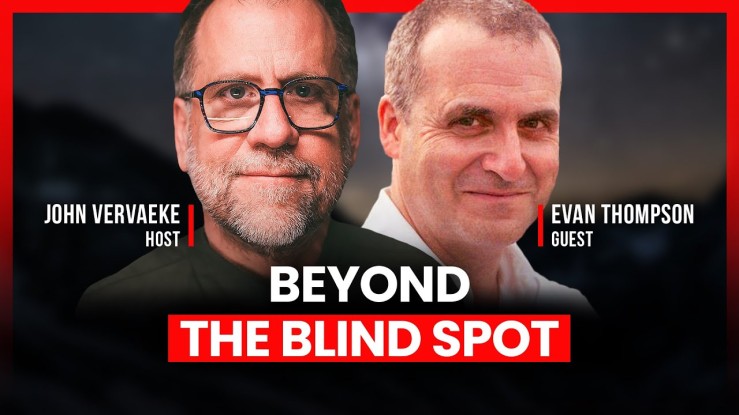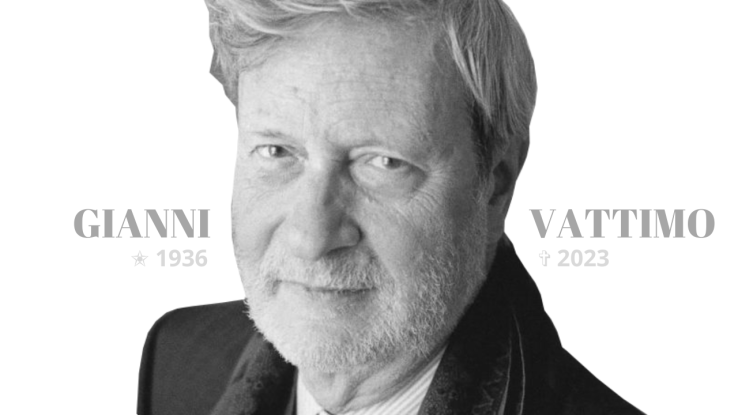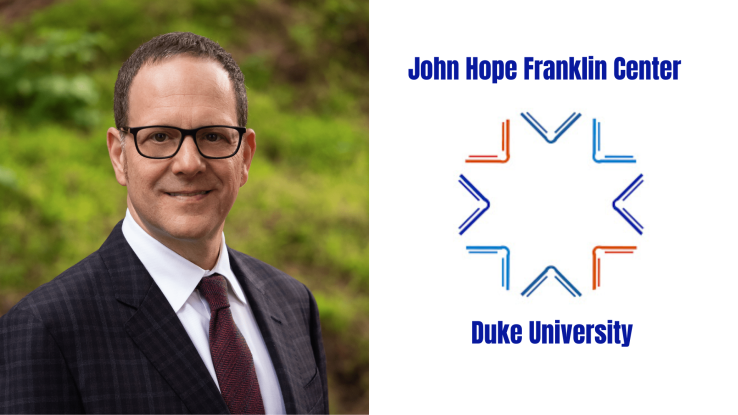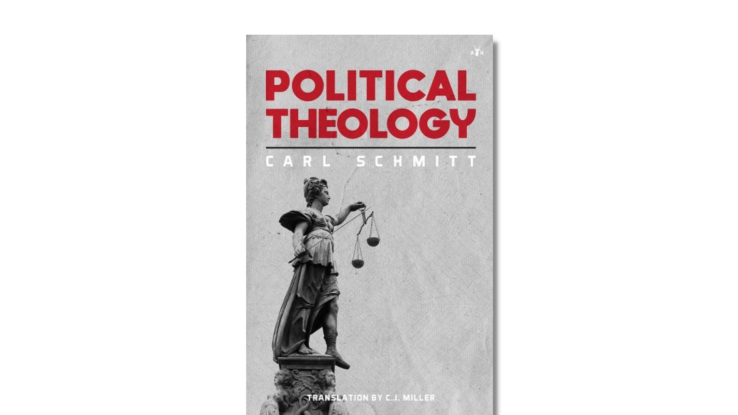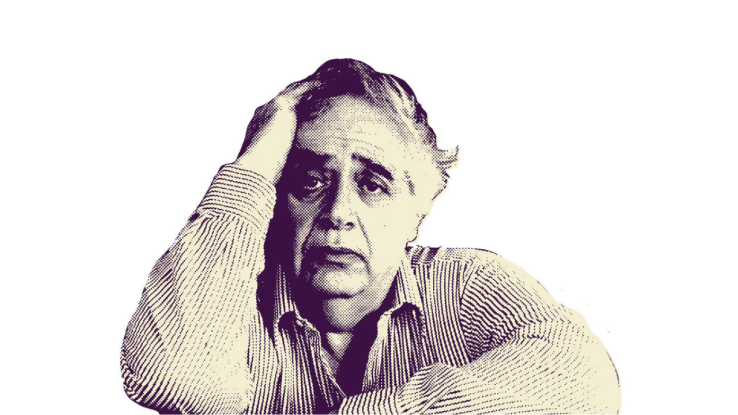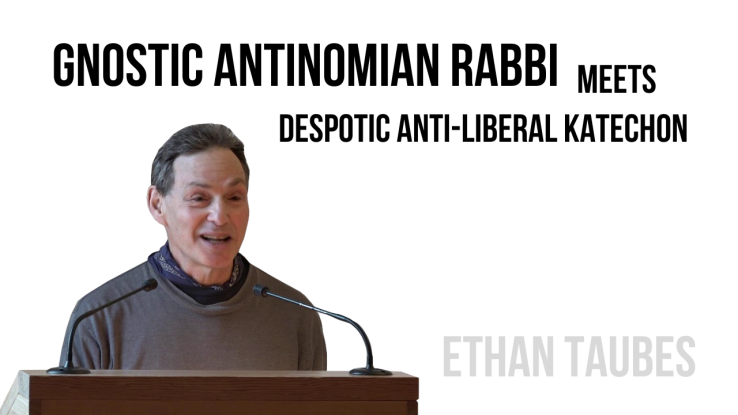This seminar bridges political philosophy and political science and roots out the intellectual precursors of today’s illiberal wave. It discusses how non-humanist philosophers like Martin Heidegger, Carl Schmitt, and Alexander Dugin became referential names for the transatlantic New Right and for certain non-liberal governments.
Concepts such as the Being, the notion of the existential enemy, and the geopoliticization of identity are now dominant frames in the burgeoning far-right, illiberal, and authoritarian world. This seminar invites a critical re-examination of the relationship between philosophy and ideology.
The Illiberalism Studies Program
- The hidden king of thought or the emperor with no clothes? Heidegger and the crisis of philosophy (2:48) | Harrison Fluss
- Carl Schmitt’s legacy: some remarks on the German historian Reinhart Koselleck (22:35) | Emmanuel Faye
- Carl Schmitt, Liu Xiaofeng and the longevity of Chinese Empire: a reflection on an academic-political reality in China (41:00) | Jiantao Liu
- Alexander Dugin: philosopher or ideologue? (58:07) | Ronald Beiner
- Discussion and Q&A (1:17:22)
The Illiberalism Studies Program (ILLSP) studies the different faces of illiberal politics and thought in today’s world, taking into account the diversity of their cultural context, their intellectual genealogy, the sociology of their popular support, and their implications on the international scene.
- Promoting a multidisciplinary approach combining political science, sociology, political philosophy, cultural studies and international relations
- Addressing questions related to democratic backlash, the spread of authoritarianism, post-liberalism, the far right, populism and nationalism
- Serving as a platform for debating the future of the liberalism/illiberalism relationship
The ILLSP looks, among others, at:
- Political Philosophy. Genealogy of the term ‘illiberalism,’ gaps and overlaps with the existing literature on conservatism, populism, far right, democratic backlash, and authoritarianism; interpretations as post-liberalism, a reactionism, a fascism.
- Comparative Politics. Illiberal politics and its actors across the globe; illiberal public policies and their impact on institutions and values;; transformations of the so-called liberal world order; (in)compatibility with democracy and supra-state organizations; reformulation of ‘left’ and ‘right’; unifying features and diversity of cultural contexts.
- Sociology and Cultural Studies. Current research explaining the spread of illiberalism from blue-collar ‘revenge,’ middle-classes pauperization, neoliberal reforms and the disappearance of the welfare state, to the lack of leftist ideologies after the collapse of communism and the need for identity politics; ‘rootedness’ and search of ‘national authenticity and ‘traditional values’ as answers to the globalization of ideas, people, and products
- Political and Policy Responses. How illiberalism is perceived and addressed as a challenge by defenders of liberalism, from politicians and civil society activists to political philosophers.
RELATED CONTENT:



